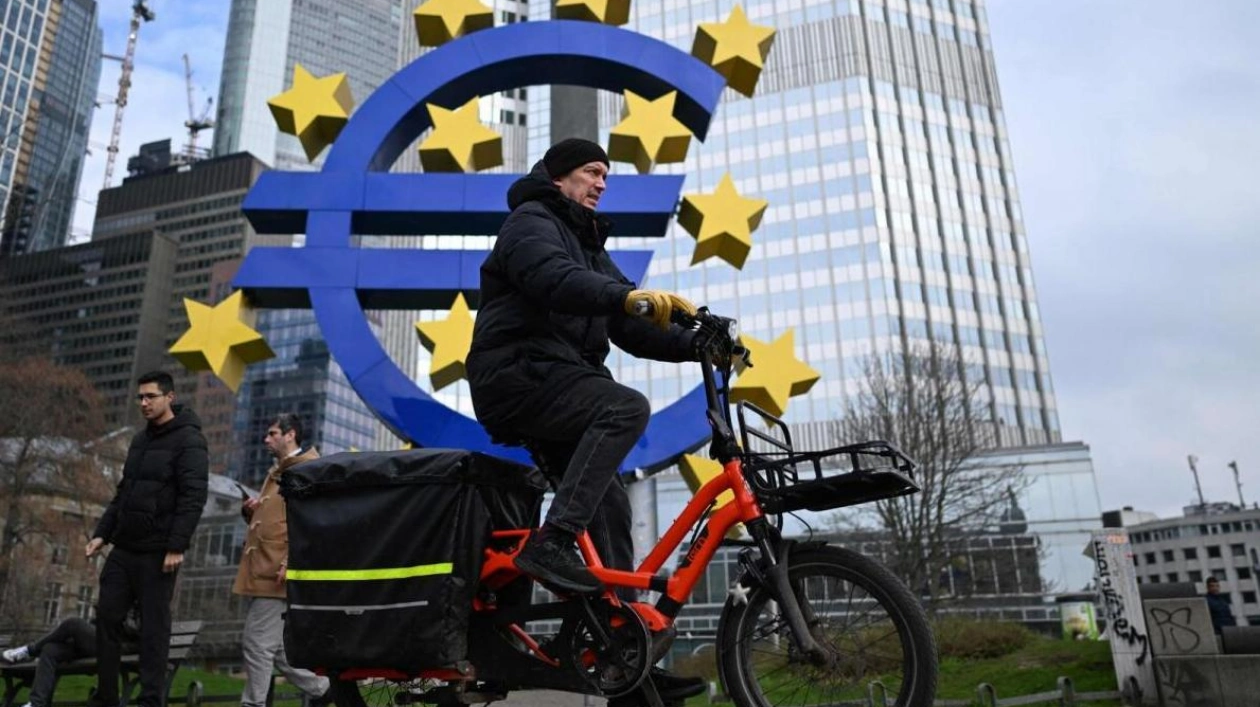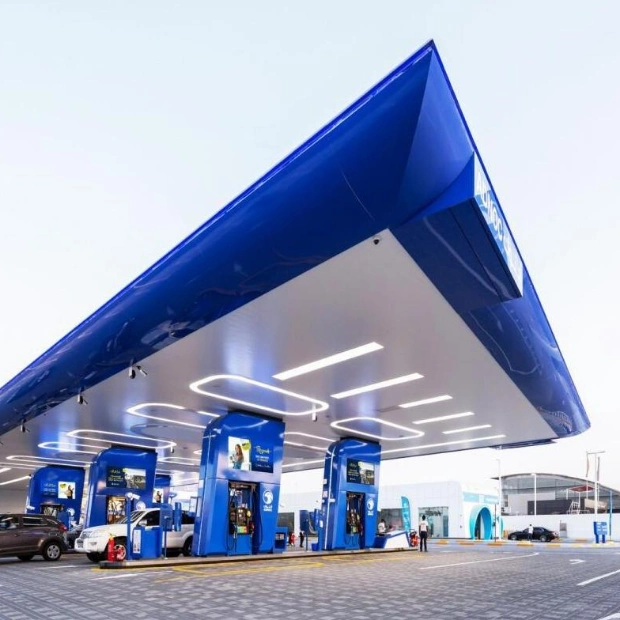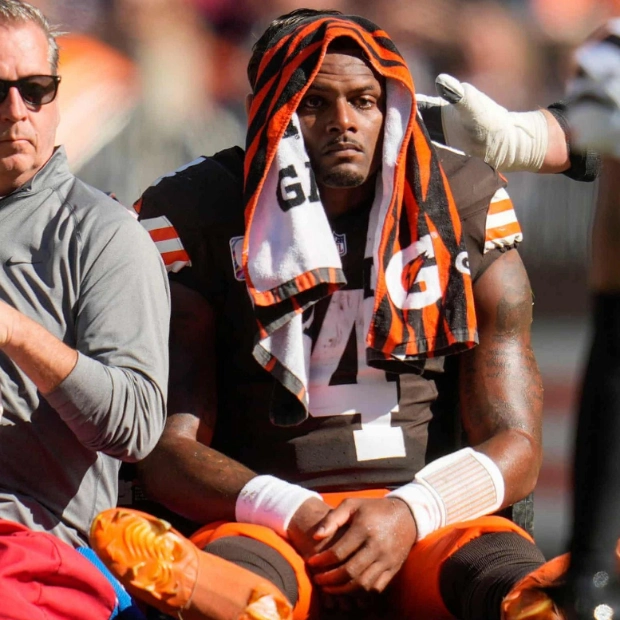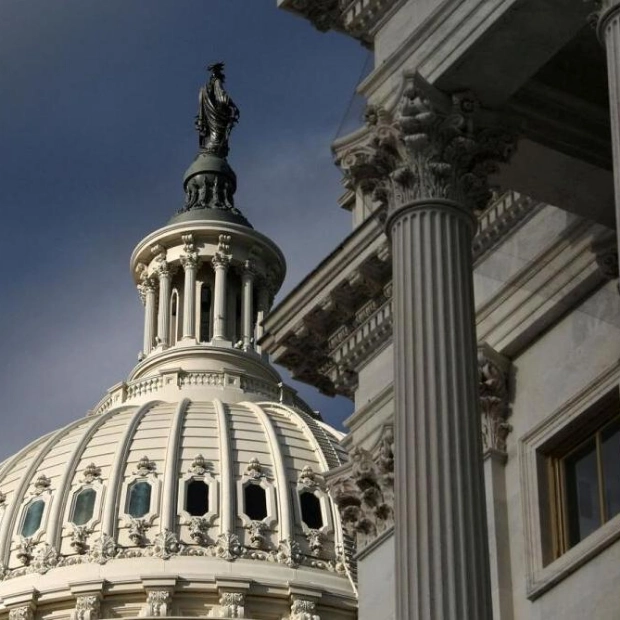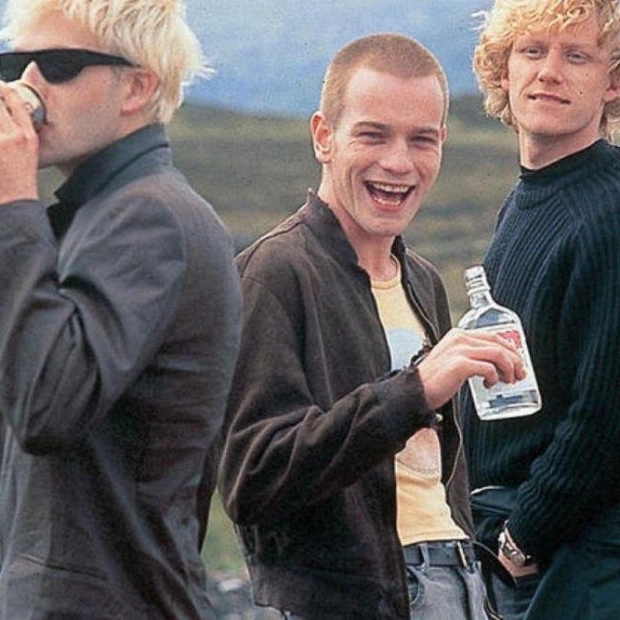Official data released on Tuesday revealed that the eurozone's annual inflation rate dropped to its lowest level in three-and-a-half years in September, dipping below the European Central Bank's (ECB) two-per cent target and sparking expectations of a potential rate cut.
Year-on-year consumer price increases in the single currency area decelerated to 1.8 per cent in September, down from 2.2 per cent in August, primarily due to declining energy costs. This rate for the 20-country eurozone was the lowest since April 2021 and surpassed the 1.9 per cent forecast by analysts surveyed by financial data firm FactSet.
Core inflation, which excludes volatile energy, food, alcohol, and tobacco prices and is a crucial indicator for the ECB, eased slightly to 2.7 per cent in September from 2.8 per cent in August, according to the EU's official statistics agency.
ECB President Christine Lagarde stated on Monday that the new inflation data would be considered in the central bank's next monetary policy meeting in October. The Frankfurt-based institution has already reduced borrowing costs twice in recent months, and the latest data is likely to bolster hopes for another cut at the upcoming meeting on October 17.
This shift contrasts with earlier economic forecasts, which anticipated the next rate cut to occur in December. Franziska Palmas, a senior Europe economist at Capital Economics, noted that the latest figures should be enough to convince the ECB to cut rates in October, despite high services inflation.
Consumer price increases have notably slowed since reaching a peak of 10.6 per cent in October 2022, following a surge in energy costs due to Russia's invasion of Ukraine. The ECB had aggressively raised rates in response to the sky-high inflation, but with inflation now below target, the bank's focus appears to be shifting towards the sluggish growth environment, according to ING Bank's Bert Colijn.
The ECB recently revised its growth forecast for this year down to 0.8 per cent, from a previous prediction of 0.9 per cent in June. The slowdown in inflation follows a significant drop in energy prices, which fell by 6.0 per cent in September compared to a 3.0 per cent decline in August, according to Eurostat data.
Lagarde cautioned that inflation might temporarily rise in the fourth quarter as the sharp declines in energy prices from the previous year drop out of the annual rates. However, she expressed confidence that inflation would return to the target in a timely manner.
Tuesday's data also indicated that services inflation, which had been accelerating, slowed to 4.0 per cent in September from 4.1 per cent in August. Meanwhile, food and drink prices increased slightly, rising to 2.4 per cent in September from 2.3 per cent in August.
Inflation rates fell below two per cent in the EU's two largest economies, Germany and France, reaching 1.8 and 1.5 per cent respectively in September. Ireland recorded the lowest inflation rate across the eurozone at 0.2 per cent.
